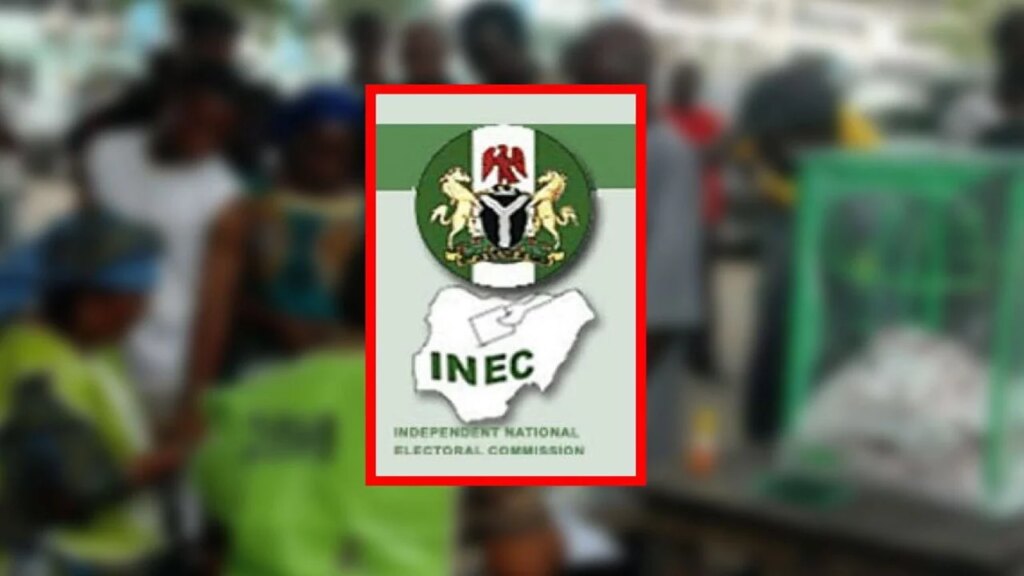Nigeria’s electoral body has begun distributing critical voting materials to three local government areas in Ogun State ahead of a closely watched parliamentary bye-election set for this weekend. The Independent National Electoral Commission (INEC) confirmed the secure transfer of ballot papers and result sheets to Remo North, Ikenne, and Sagamu on Friday, emphasizing transparency ahead of the vote to fill a vacant seat in the Remo Federal Constituency.
The election, scheduled for Saturday, August 16, will determine a successor to former lawmaker Adewunmi Oriyomi Onanuga, who died in January following a brief illness. Polling centers are slated to open at 8:30 a.m. and close at 2:30 p.m., with voters already in line by the deadline permitted to cast ballots. INEC’s Ogun State Resident Electoral Commissioner, Mrs. Saseyi Feyijimi, oversaw the logistics from the Central Bank of Nigeria’s Abeokuta office, where materials were inspected by representatives from three political parties, security agencies, and election observers.
Feyijimi reiterated the commission’s commitment to impartiality, noting that 2,445 trained election officials had been deployed with strict instructions to avoid misconduct. “We promise to be fair, just, and open to all,” she said, adding that real-time updates would be shared through dedicated media and security agency platforms. The process will deploy biometric voter verification systems (BIVAS), with backup devices prepared to address potential technical issues.
Agents from the ruling All Progressives Congress (APC), the opposition Peoples Democratic Party (PDP), and the Accord Party monitored the distribution, reflecting the contest’s competitiveness. Candidates include Olusegun Bankole (APC), Afolabi Orekoya (PDP), and Ayodeji Daodu (Accord).
Feyijimi warned staff against compromising the electoral process, stressing that any infractions would not be excused. “We are not going to defend anybody who engages in wrongdoing,” she stated. The warning follows heightened scrutiny of INEC’s operations after past elections faced criticism over delays and logistical challenges.
The bye-election, while localized, carries broader significance as a test of Nigeria’s electoral reforms. With voter turnout expectations modest, authorities aim to balance efficiency and credibility amid security concerns. The outcome will shape representation in the federal legislature, where Onanuga’s absence has left the constituency without a voice for seven months. INEC’s emphasis on transparency and technology underscores efforts to rebuild public trust in Nigeria’s democracy.
